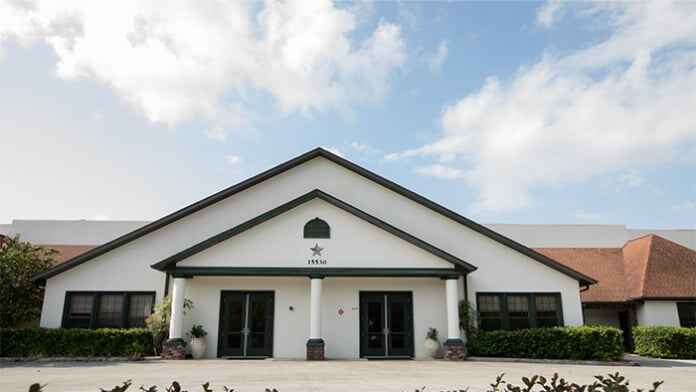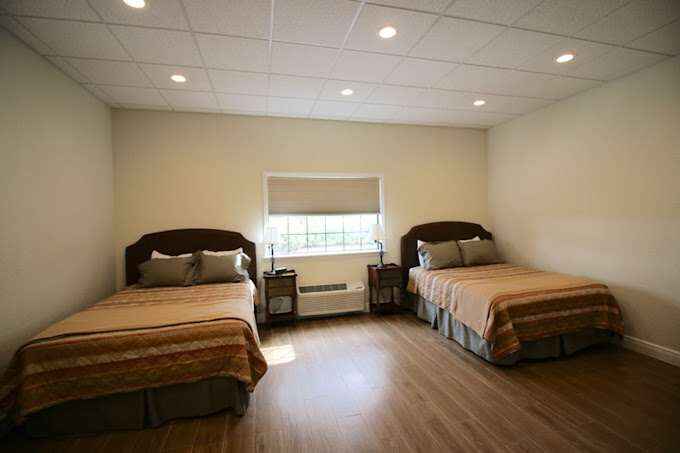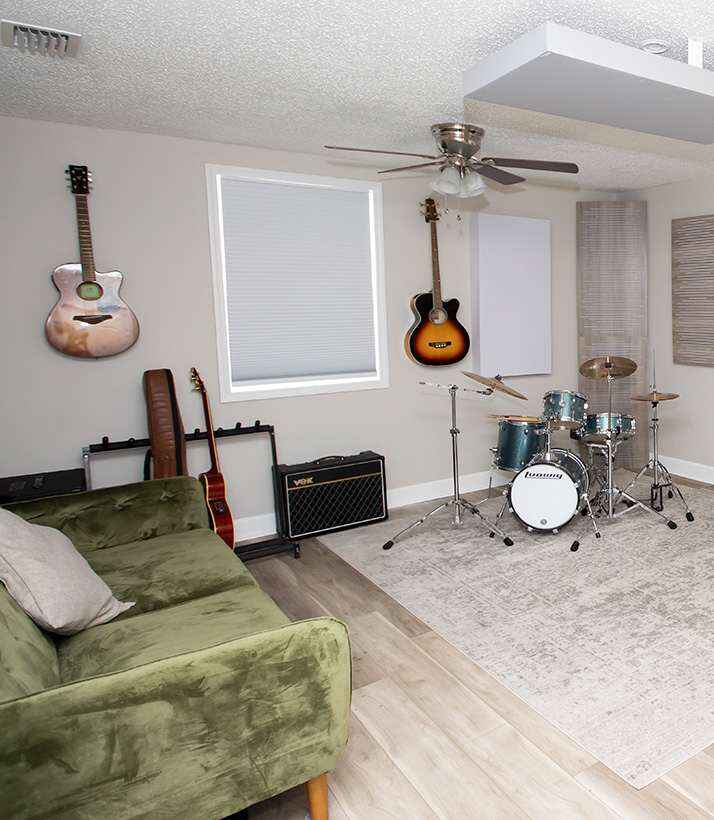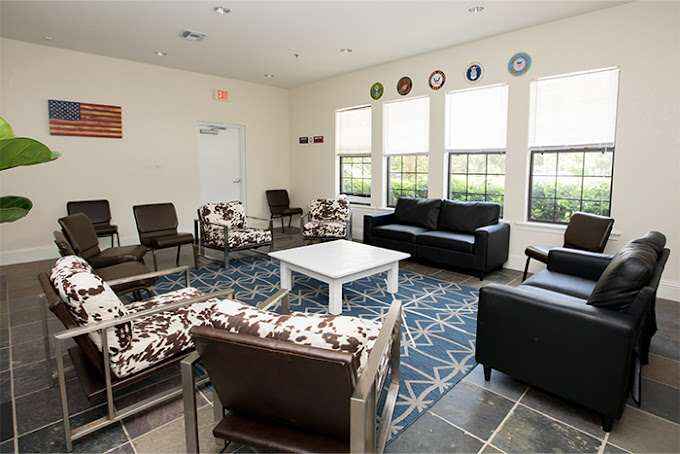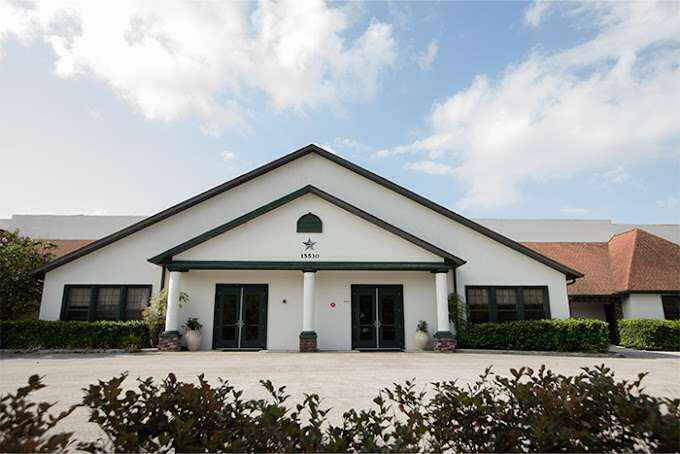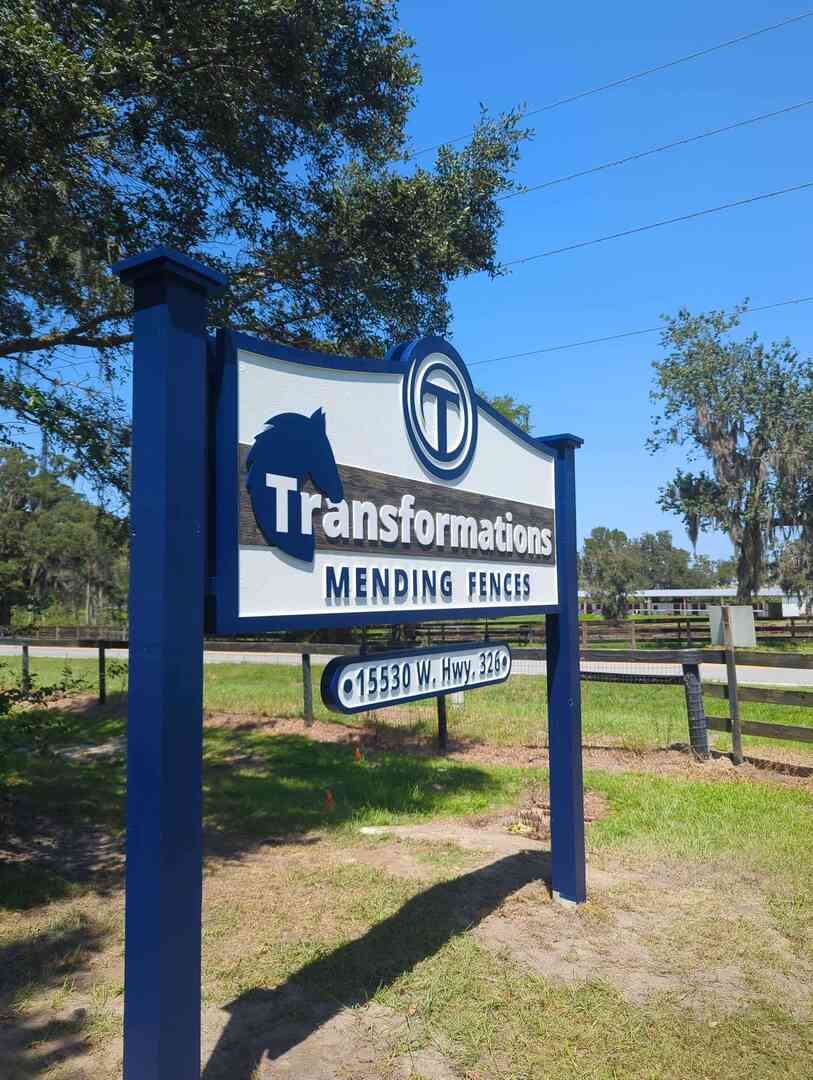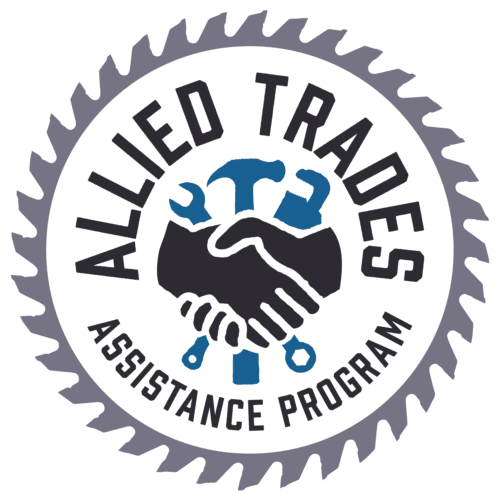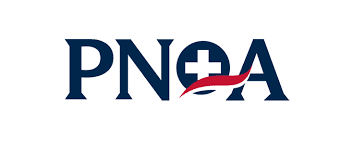About Transformations Mending Fences – Morriston
On 400 acres in Morriston, Florida, Transformations Mending Fences is a licensed addiction and mental health center for adults. If you’re over 18 and dealing with substance abuse, mental health or co-occurring disorders, Mending Fences can help. They offer 30-90 days residential treatment programs as well as detox and aftercare add-ons. They also have speciality programs for veterans and first responders.
They accept many health insurance providers including Aetna, Blue Cross Blue Shield, Carelon Behavioral Health, and Cigna.
Their treatment plans are customized to your needs. It could include talk therapy, medication-assisted treatment, group education and counseling, and recreational therapy. Mending Fences offers music therapy in a world-class recording studio. High-quality equipment and instruments are available for you to use to help you express emotions and build self-esteem.
Equine therapy is another experiential therapy option at Mending Fences. By being with and caring for horses, you can move through some conscious and subconscious blocks in the way of your recovery. Trained specialists will help you explore music and equine therapy.
There are many glowing online reviews that praise this facility’s cleanliness and excellent therapists. Many reviews also praise the first responders and veterans program. I like that each online review has a comment from the owner. This shows that they are active online and responsive to feedback from clients.
